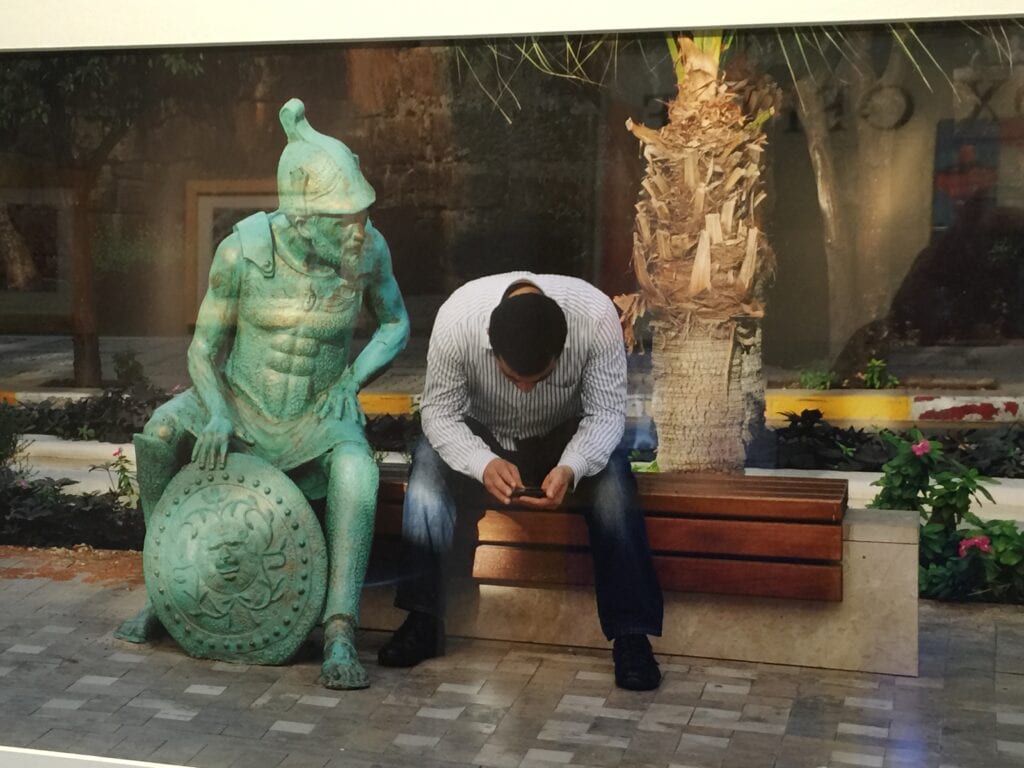The Fog of Literacy
Thinking About Literacy Part II
As the politics of school standardized test results continually ratchet up, the fortune of good leadership described in Thinking about Literacy Part I resonated through the lens of a conference I attended. The topic was a proposed a switch in our state (NH) to move from one high stakes testing period per year to two, potentially creating a more vicious cycle of accountability and teaching to the test. In my view, increased standardized testing is counterproductive to motivating reading and writing. Ultimately, the biannual testing became a choice of individual school districts. Districts choosing to test twice though with one set of tests still had to give the annual state mandated test; meaning students in some districts were tested 3 times a year. …
The Fog of Literacy Read More »


